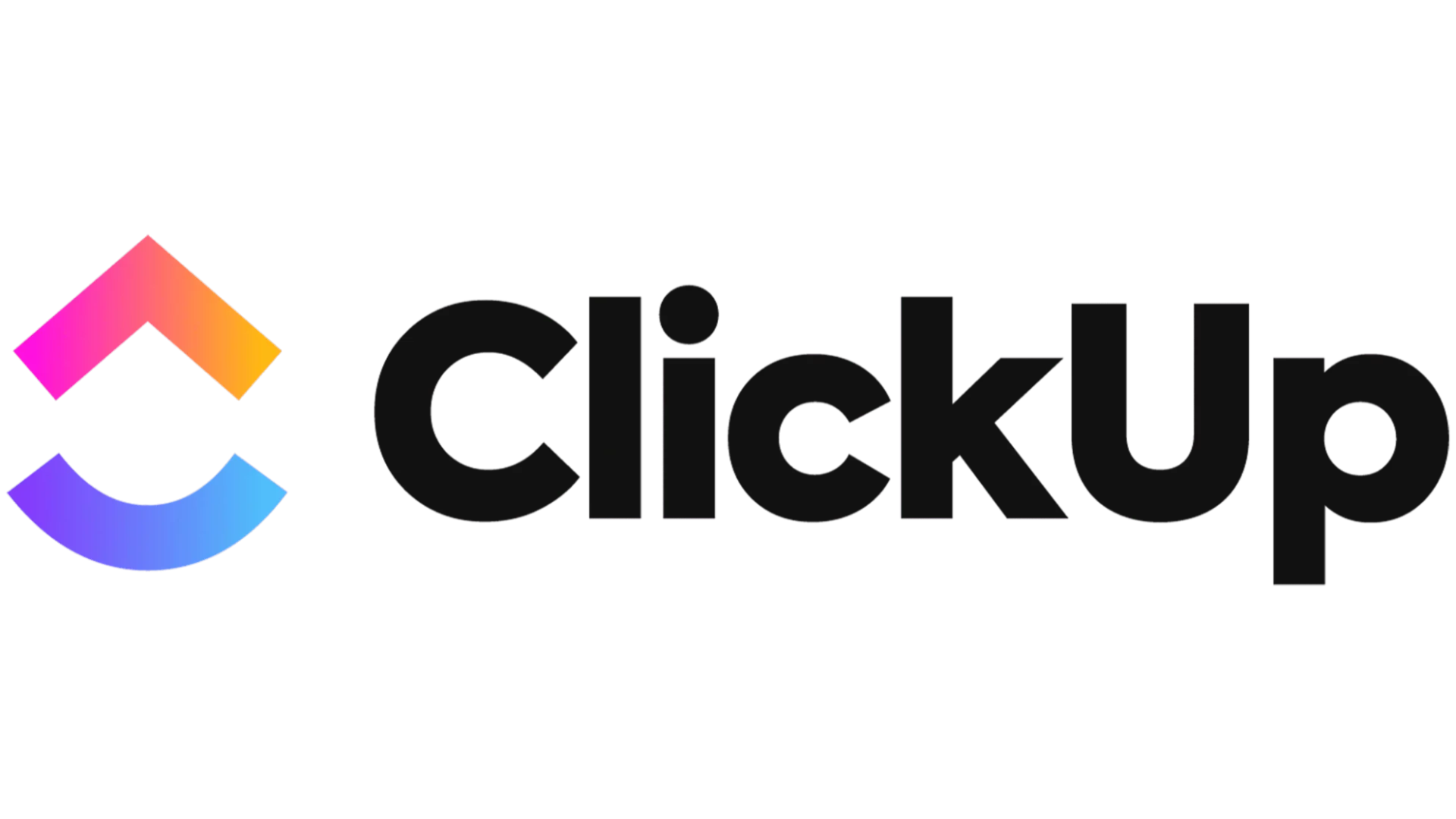Top 11 SEO Automation Tools for Your Business
Table of Content
In the continuously changing field of digital marketing, employing SEO automation tools has become critical for companies trying to stay competitive. These technologies not only reduce the difficulties of SEO optimization but also provide businesses with advanced tactics for improving their online visibility.
SEO automation solutions provide a solid foundation for obtaining consistent and effective SEO results by streamlining keyword research, automating content updates, and monitoring backlinks. By incorporating these tools into your workflow, you can automate boring SEO activities, freeing up your time to focus on strategic projects and creative marketing that drive development.
In this blog, we’ll get into specifics with our chosen list of the top 11 SEO automation tools, which stand out for their features, effectiveness, and user-friendly interfaces.
What are SEO Automation Tools
SEO automation tools are software solutions designed to streamline and automate various aspects of search engine optimization (SEO). These tools enable marketers and website owners to implement advanced SEO strategies more efficiently, reducing manual workload and improving overall productivity.
By automating tasks such as keyword research, content optimization, backlink monitoring, and performance analytics, SEO automation tools help businesses achieve better rankings in search engine results pages (SERPs) with less effort.
Benefits of using SEO Automation Tools
1. Efficiency
SEO automation tools streamline repetitive tasks like keyword research, rank tracking, and site audits. By automating these processes, marketers save significant time and effort that can be redirected toward more strategic activities.
2. Scalability
As businesses grow, managing SEO becomes increasingly complex with larger volumes of data and campaigns. SEO automation tools enable scalability by handling increased workloads without a proportional increase in manual labor.
3. Advanced Analytics
These tools provide sophisticated analytics and reporting capabilities that go beyond basic metrics. Marketers can gain deeper insights into SEO performance, visitor behavior, conversion rates, and other key indicators, enabling data-driven decision-making.
4. Time Savings

By automating routine tasks such as link building, content optimization, and performance monitoring, SEO automation tools free up valuable resources. Marketers can focus more on strategic planning, creative content creation, and optimizing overall campaign effectiveness.
5. Task Automation
Beyond basic tasks, advanced SEO automation tools can handle complex processes such as A/B testing, predictive analytics, and personalized content delivery. These capabilities enable marketers to execute sophisticated SEO strategies with ease.
How to select the right SEO optimization tool
1. Define Your Goals

Begin by identifying your business objectives and what you aim to achieve with SEO. Whether it’s improving search engine rankings, increasing organic traffic, or enhancing conversion rates, clarity on goals will help in selecting a tool that meets these objectives.
2. Evaluate Features
Assess the features offered by SEO optimization tools. Look for capabilities such as keyword research, rank tracking, backlink analysis, content optimization, and performance reporting. Advanced SEO strategies often require tools with robust analytics, competitor analysis, and integration capabilities.
3. Ease of Use
Consider the user interface and ease of use. The tool should be intuitive enough for your team to navigate and utilize effectively. Look for features like customizable dashboards, automated alerts, and clear reporting formats that simplify SEO management.
4. Scalability
Ensure the tool can scale with your business growth. Whether you operate a small business or a large enterprise, the SEO optimization tool should accommodate increasing data volumes and expandable functionalities without compromising performance.
5. Integration Capabilities
Check if the SEO optimization tool integrates smoothly with your existing digital marketing stack. Compatibility with CMS platforms, CRM systems, and other tools (like Google Analytics or social media management tools) ensures seamless data sharing and holistic campaign management.
6. Performance and Support
Research user reviews and testimonials to gauge the tool’s performance and reliability. Look for customer support options such as training resources, documentation, and responsive technical support to assist in case of issues or queries.
7. Cost Considerations
Determine your budget and evaluate the pricing structure of potential SEO optimization tools. Compare pricing plans, subscription models, and any additional costs for advanced features or upgrades. Choose a tool that offers the best value for your investment.
Top 11 SEO automation tools
1. Ahrefs

Ahrefs is renowned for its comprehensive suite of SEO tools, including backlink analysis, keyword research, and site auditing. It enables advanced SEO strategies by providing in-depth competitor analysis and content gap analysis.
Marketers use Ahrefs to track rankings, monitor site health, and optimize content for better search engine visibility, making it a cornerstone in SEO automation tools.
2. SEMrush
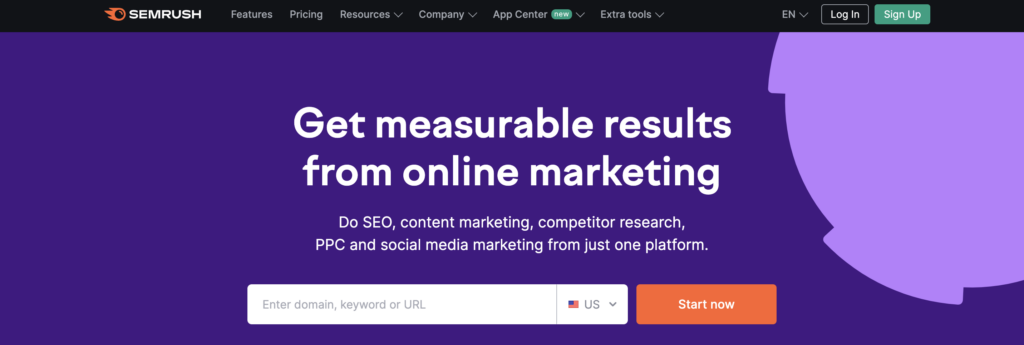
SEMrush offers robust features for keyword research, rank tracking, and competitive analysis. It supports advanced SEO strategies with tools for on-page and off-page optimization, social media tracking, and PPC advertising insights.
SEMrush’s versatile toolkit aids in identifying new opportunities and improving campaign performance across various digital channels.
3. Moz Pro

Moz Pro provides tools for keyword research, link building, and site audits, emphasizing actionable insights to enhance SEO efforts. Its advanced SEO strategies include domain authority analysis, SERP tracking, and local SEO optimization.
Moz Pro’s intuitive interface and comprehensive reporting help marketers implement effective SEO tactics for sustainable growth.
4. Google Search Console
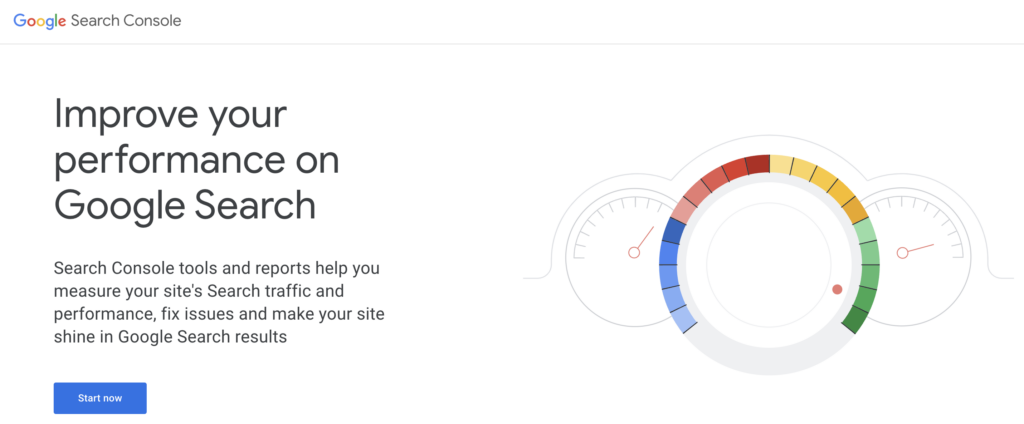
As a free tool by Google, Search Console offers vital insights into a website’s performance on Google’s search engine. It aids in monitoring search traffic, fixing indexing issues, and optimizing content with keyword data directly from Google. Integrating with other Google services, it supports advanced SEO strategies by providing real-time data and actionable recommendations.
5. Screaming Frog SEO Spider

This desktop-based tool crawls websites to audit technical SEO aspects like broken links, duplicate content, and page titles. It facilitates advanced SEO strategies by uncovering issues that affect site performance and usability.
Screaming Frog’s detailed reports help in optimizing website structure and improving search engine rankings.
6. SE Ranking

SE Ranking offers a comprehensive SEO platform with tools for keyword tracking, competitor analysis, and backlink monitoring. It supports advanced SEO strategies with features like website auditing, social media management, and marketing plan optimization.
SE Ranking’s customizable reports and white-label solutions make it suitable for agencies and businesses aiming to scale their SEO efforts.
7. SpyFu
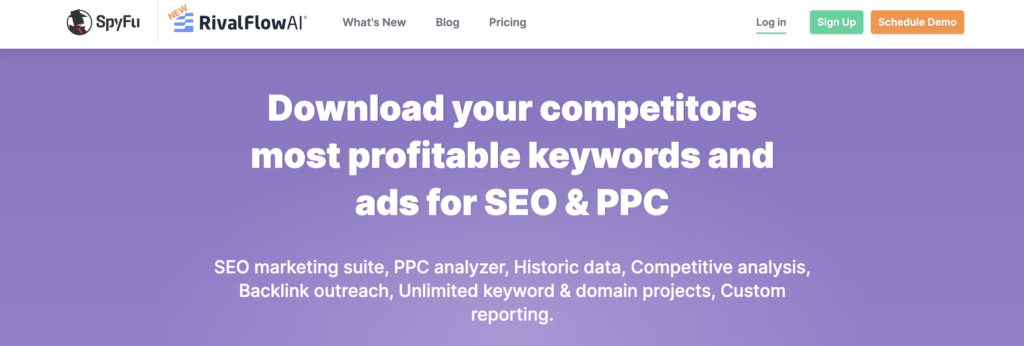
SpyFu specializes in competitor analysis, providing insights into competitor keywords, ad campaigns, and SEO strategies. It aids in identifying opportunities for growth and optimizing SEO tactics based on successful competitor practices.
SpyFu’s historical data and keyword tracking capabilities empower marketers to implement targeted and effective SEO campaigns.
8. Serpstat
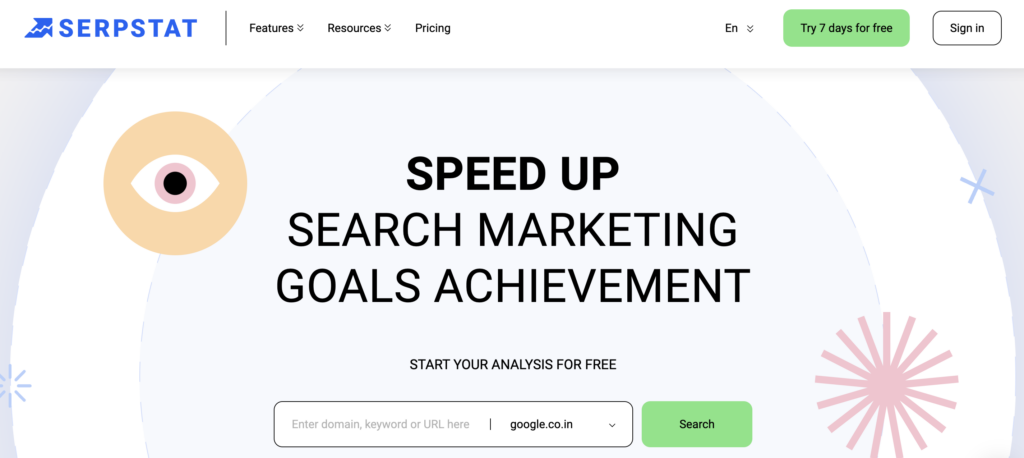
Serpstat offers a wide range of SEO optimization tools, including keyword research, rank tracking, and site audit features. It supports advanced SEO strategies with tools for content marketing, backlink analysis, and PPC advertising insights.
Serpstat’s user-friendly interface and extensive database of keywords and domains help marketers optimize their SEO performance effectively.
9. Yoast SEO
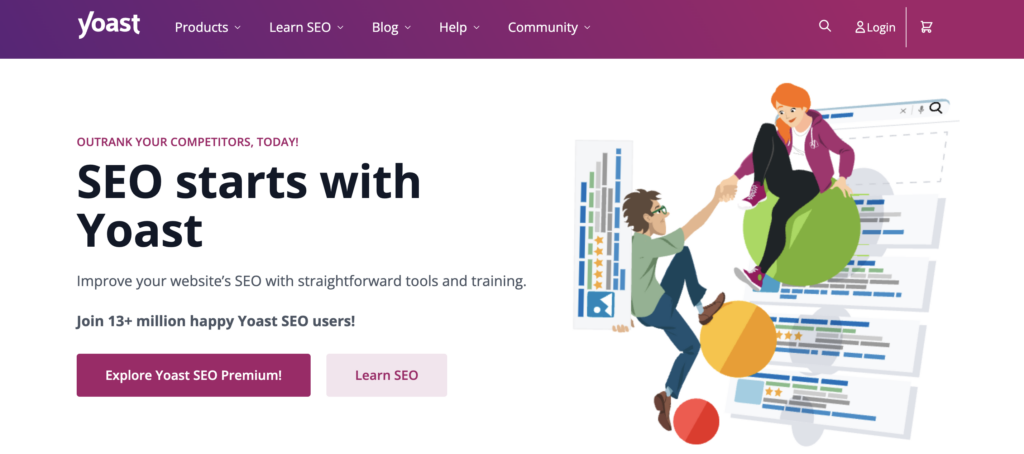
Yoast SEO is a popular WordPress plugin that assists in optimizing on-page SEO elements such as meta tags, content readability, and XML sitemaps. It supports advanced SEO strategies by providing real-time content analysis and actionable recommendations for improving search engine rankings.
Yoast SEO’s integration with WordPress makes it accessible and easy to use for website owners and bloggers.
10. BuzzSumo

BuzzSumo focuses on content discovery and social media analytics, aiding in content ideation and performance tracking. It supports advanced SEO strategies by identifying trending topics, influential content creators, and backlink opportunities.
BuzzSumo’s insights help marketers create engaging content that resonates with their target audience and enhances SEO visibility.
11. Sistrix
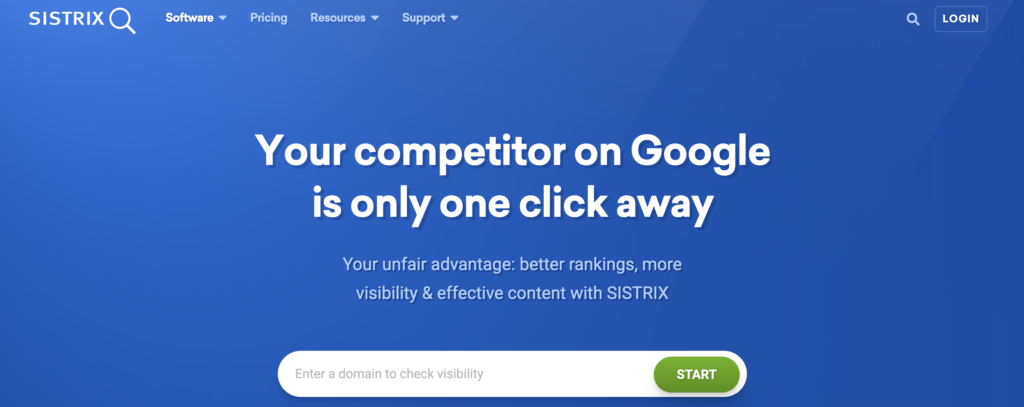
Sistrix offers tools for SEO analysis, keyword tracking, and visibility management across search engines. It supports advanced SEO strategies with features like mobile SEO optimization, link profile analysis, and market trend monitoring.
Sistrix’s intuitive interface and comprehensive data enable marketers to optimize their SEO campaigns and achieve sustainable growth in organic search visibility.
FAQs
1. What features should I look for in SEO automation tools?
Key features to consider include keyword research tools, rank tracking capabilities, site audit functionalities, backlink analysis, competitor analysis, and integration with other marketing platforms. Advanced features such as predictive analytics, A/B testing, and customizable reporting are also beneficial for implementing effective SEO strategies.
2. Are SEO automation tools suitable for small businesses?
Yes, SEO automation tools are beneficial for small businesses as they help in managing SEO tasks more effectively with limited resources. These tools can automate time-consuming tasks and provide valuable insights to improve online visibility and competitiveness.
3. How do I choose the right SEO automation tool for my business?
When selecting an SEO automation tool, consider factors such as your business goals, the tool’s features (like ease of use, scalability, and integration capabilities), customer support options, pricing structure, and user feedback. Testing free trials or demos can also help in making an informed decision.
4. Can SEO automation tools replace human SEO efforts?
While SEO automation tools streamline and optimize many aspects of SEO, human expertise remains crucial for strategy development, content creation, and interpreting data insights. These tools complement human efforts by handling repetitive tasks and providing actionable recommendations.
5. Are there risks associated with using SEO automation tools?
Risks include over-reliance on automation without human oversight, which can lead to errors or missed opportunities. It’s essential to monitor and validate automated results, maintain data security measures, and ensure compliance with search engine guidelines to mitigate risks effectively.
6. What is the ROI of using SEO automation tools?
The ROI of SEO automation tools varies based on factors like tool effectiveness, implementation strategy, and business goals. Benefits typically include improved search engine rankings, increased organic traffic, higher conversion rates, and optimized marketing spending, contributing to overall business growth and profitability.



